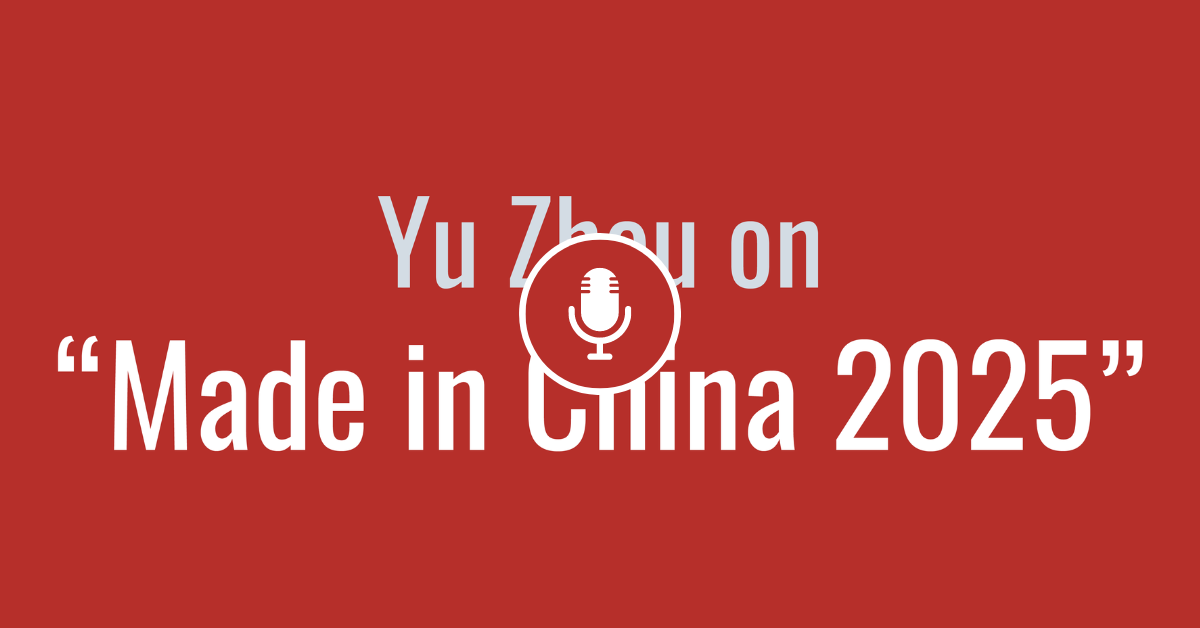China’s high-tech industries have grown rapidly in recent years, as companies like Tencent and Alibaba achieve global name recognition and the quality of the country’s digital infrastructure improves. To accelerate the development of its industrial capacity, Beijing has launched ‘Made in China 2025,’ a strategic blueprint that seeks to make China a global leader in high-tech manufacturing industries currently dominated by the United States and other developed economies. American opposition to the policy centers on arguments that it poses a national security threat, and would harm U.S. companies and distort global markets with its reliance on government subsidies, discriminatory treatment of foreign investment, forced technology transfers, intellectual property theft, and cyber espionage.
Professor Yu Zhou of Vassar College explains why China is pursuing this initiative, its effect on China’s technological capabilities, and the potential for cooperation—rather than competition—between the United States and China.
